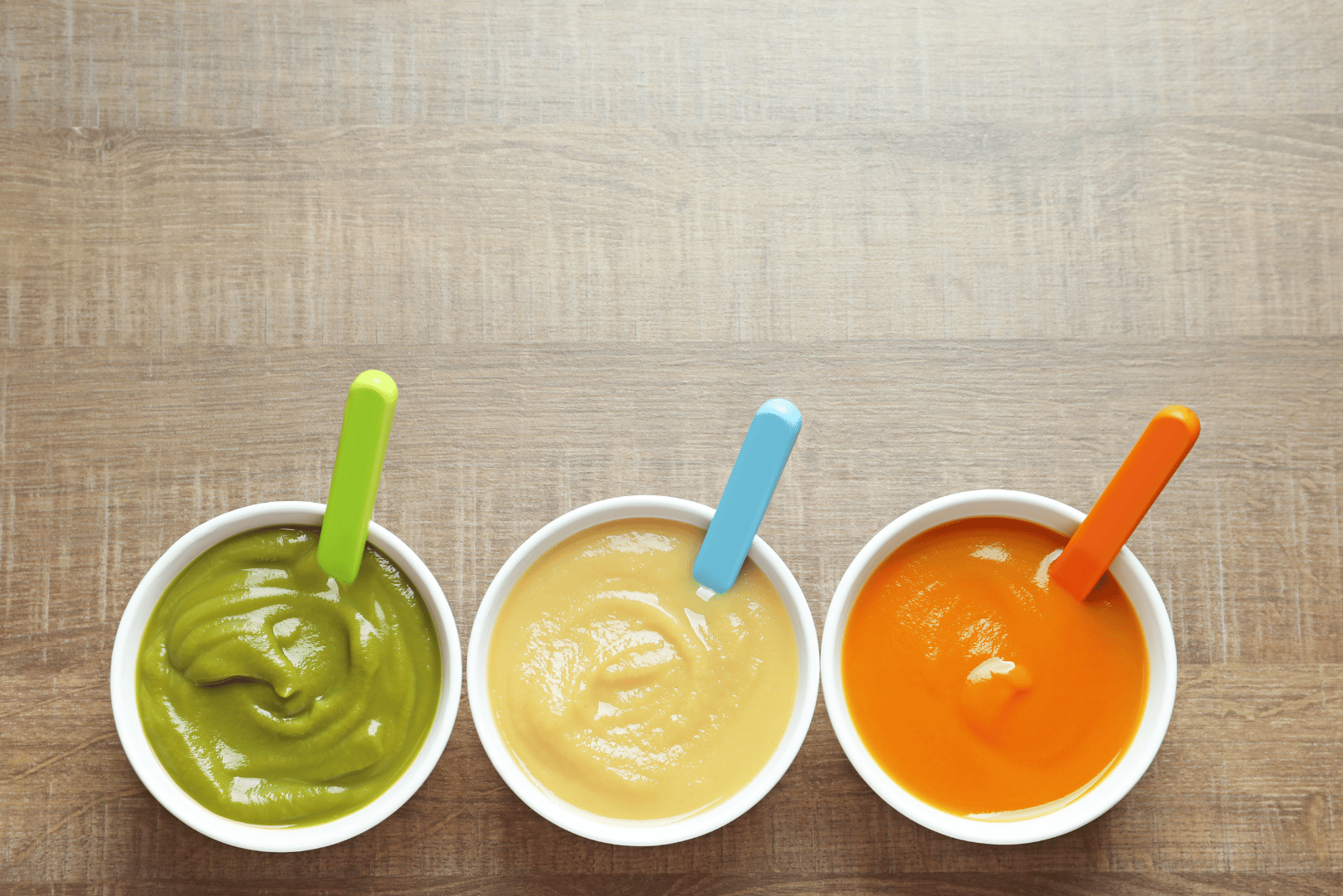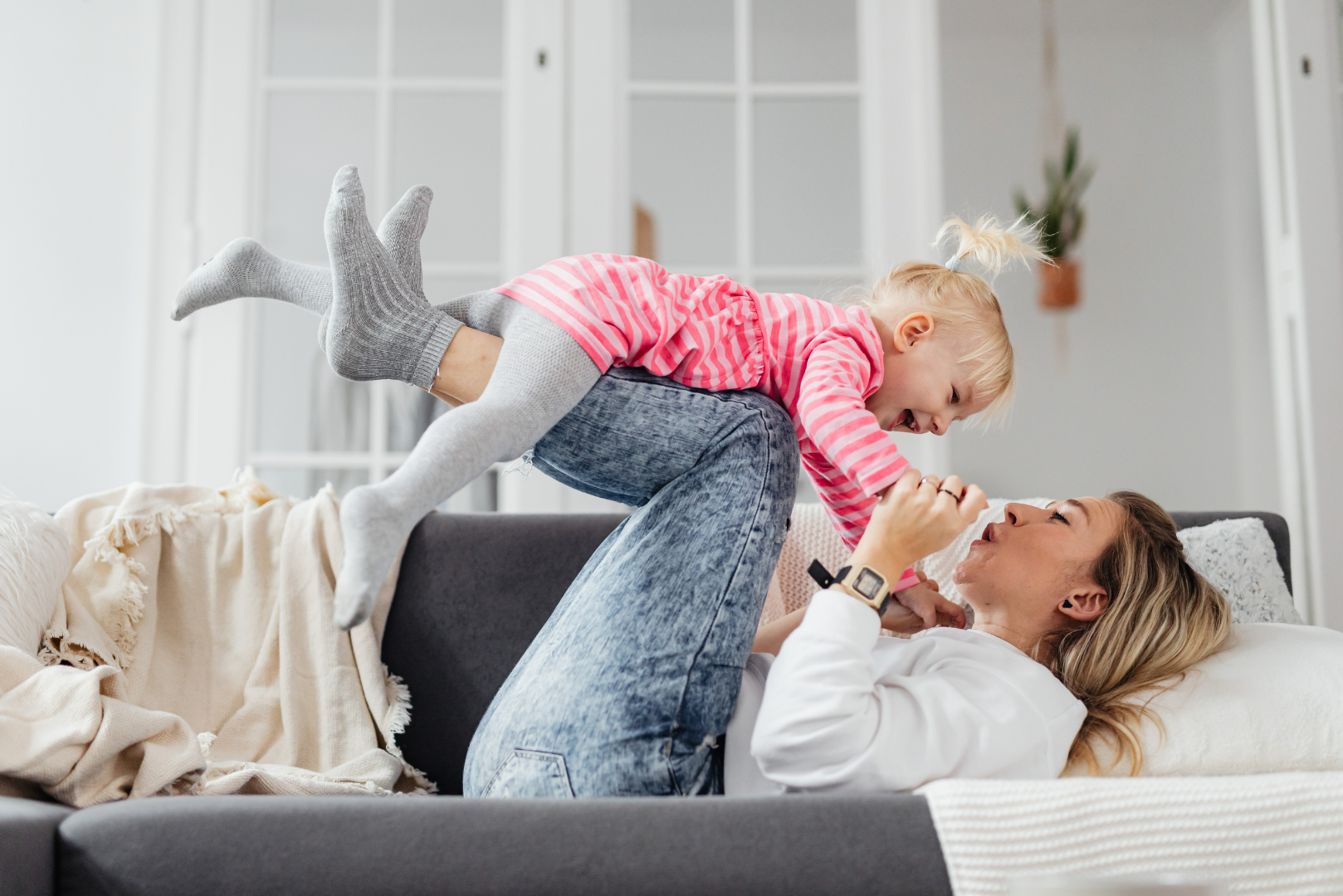Top of Mind

Kindergarteners & Screens
The pandemic pushed every kid into online learning — and laptops never left. According to a new New York Times Upshot survey of 350 teachers nationwide, Chromebooks have become central to even kindergarten classrooms, shaping everything from reading time to behavior management.
But here’s the twist: while devices were originally introduced as a temporary emergency measure, many teachers now say screens are overstaying their welcome. Classroom dynamics are changing. Attention spans are shifting. And handwriting? Teachers worry it’s becoming a lost art.
The Important Bits
Teachers report rising distraction. Students toggle between apps and struggle to stay focused during lessons.
Handwriting and note-taking are suffering. Many kids type before they ever learn how to form letters on paper.
Some teachers feel pressure to use Chromebooks—even when pen-and-paper might be more effective.
Parents often don’t know how much time their kids spend on devices at school.
What’s It All Mean?
Screens in schools aren’t going away anytime soon. But your child’s learning experience may look very different from what you imagine when you picture “elementary school.” Asking teachers how devices are used — not just if — can help families understand what kids need at home to balance it out.
Did You Hear
🍼 It’s Official: Raising Kids Is Too Expensive, Say 70% of Americans
A new American Family Survey found that 7 in 10 adults say raising children is “too expensive,” and financial strain is the top reason families are having fewer kids. Childcare, housing, and healthcare costs were the biggest drivers of stress. Wonder how child care costs in your state stack up? Check it out.
💻 Parents Are Turning to Online Communities for Support
According to a new Pew Research Center study, one in three parents now uses online forums (like Reddit) to troubleshoot everything from tantrums to tech rules. The most common topics? Screen time, chores, and how to split parenting responsibilities fairly.
More here.
🌐 Kids vs. Influencers: The New Parenting Battle
Children are now exposed to influencer culture before middle school — the curated vacations, aesthetic bedrooms, “haul” videos. Parents worry about comparison culture and unrealistic expectations. But don’t worry, the APA has a guide for that and common sense media has dozens of blog posts.
👪 “It Takes a Village” Isn’t Cutting It Anymore
An new essay in The Atlantic argues that the phrase is more myth than reality. Modern parents are told community is everything… but left without the structural support (affordable childcare, flexible work, real downtime) to make that possible.
💞 Empathy Isn’t Genetic — It’s Modeled
Why empathy matters more than you think.
Bites with Kiyah
A new UK survey found that 70% of parents say they “rarely or never” cook with their kids. The top reasons? Time and mess. Honestly … #relatable.
But here’s the thing: cooking with kids isn’t about the recipe. It’s about giving them tiny opportunities to try, mess up, experiment, taste, talk, wipe counters (even badly!), and build confidence. If the goal is raising adventurous, flexible, capable eaters — the kitchen is one of our best tools.
And still: I get it. Weeknights are chaos. Counters are sticky. Someone always cries (sometimes me). So instead of striving for “family cooking night,” try building a micro-ritual:
Let them stir something for 10 seconds
Have them choose one spice
Hand them two bell peppers and say “pick one”
Let them sprinkle the salt
Delegate the garnish (kids LOVE garnishes)
Still not convinced? Here are 10 ways you can get your toddler into the kitchen.
Here’s a Question
When your child’s school uses laptops or tablets in class, how do YOU feel about it?
Listen Up
In this episode: This week on The Weekly Parent Podcast, Dr. Kiyah sat down with Todd Christensen, a financial educator and counselor who has spent more than two decades helping families build financial confidence. His tips are amazing, no matter how old your kids are.
Listen on Spotify | Apple Podcasts | YouTube




